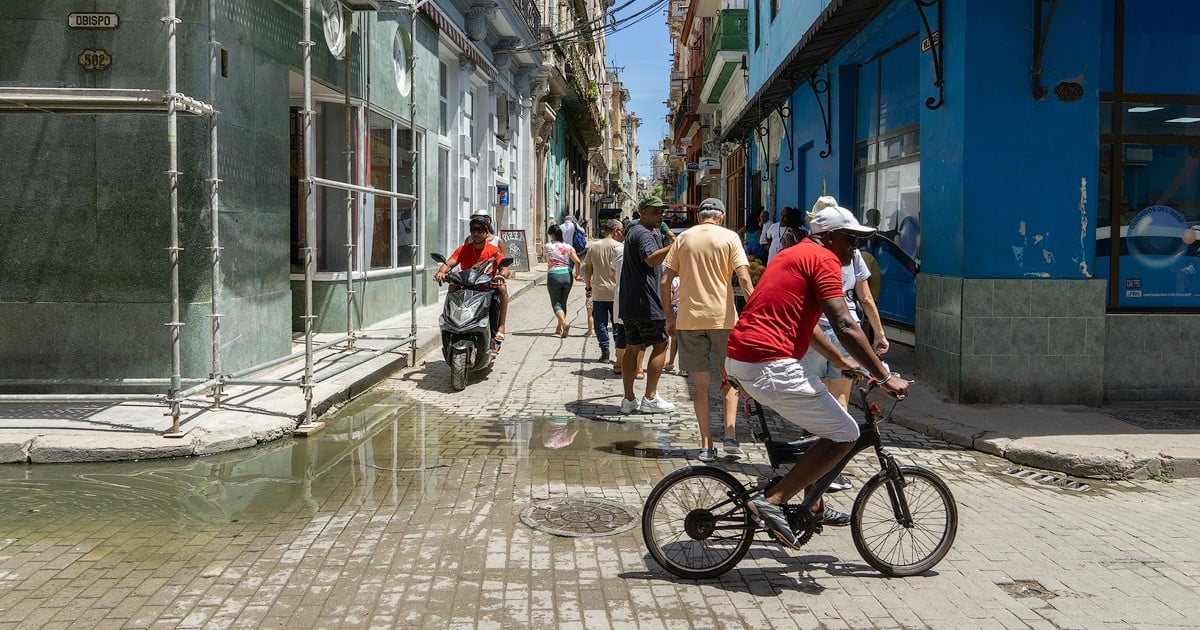Cuba has reported close to 12,000 suspected cases of Oropouche since the virus was first detected in the country in May, revealed Ileana Morales Suárez, the director of science and technological innovation at the Ministry of Public Health (MINSAP). During a meeting with top government officials, Morales Suárez acknowledged that Cuba is experiencing neurological complications and other clinical manifestations that are not documented in medical literature.
In response to this arbovirus, the Cuban scientific community is conducting extensive research to clinically characterize the disease's impact on different demographics, including the elderly, children, and pregnant women. "We are studying how it affects these groups," Morales Suárez explained.
Additionally, the Center for Immunoassays is working on developing a rapid diagnostic test for the virus, while the Finlay Institute is evaluating the feasibility of creating a vaccine for prevention. Entomological studies are also being planned to better understand the vector, supported by virological research from the IPK.
Public Health Challenges and Environmental Issues
Despite these scientific efforts, Cuba's public health situation remains dire. The streets are plagued with sewage leaks, piles of garbage, a lack of fumigation, and a severe shortage of medications. At the beginning of the month, Dr. Roberto Serrano from Songo La Maya in Santiago de Cuba stated that under the current sanitary conditions, eradicating the Oropouche virus is impossible.
"Conditions are worsening daily, and nearly all diseases become endemic. Dengue appeared and we have never been able to eradicate it because there are simply more mosquitoes every day. There's no way to eliminate it," he told the independent portal CubaNet. "When sanitary conditions remain unchanged, patients experience relapses and recurrences. Some patients report six or seven relapses, which is uncommon in dengue or other viruses," Serrano added.
Rapid Spread Across the Country
By the end of August, the Oropouche virus had spread to all provinces, 99 municipalities, and 172 health areas. Within two weeks, the numbers increased to 103 municipalities and 184 health areas. On Tuesday, health authorities in Florida confirmed that the total number of Oropouche fever cases had risen to 70 in 2024, all linked to recent travel to Cuba.
Internationally, cases of Oropouche fever were recorded in individuals who had visited Cuba two weeks prior to showing symptoms. Between September 8 and 14, 2024, 22 new cases were reported, all associated with travelers returning from the Caribbean nation.
